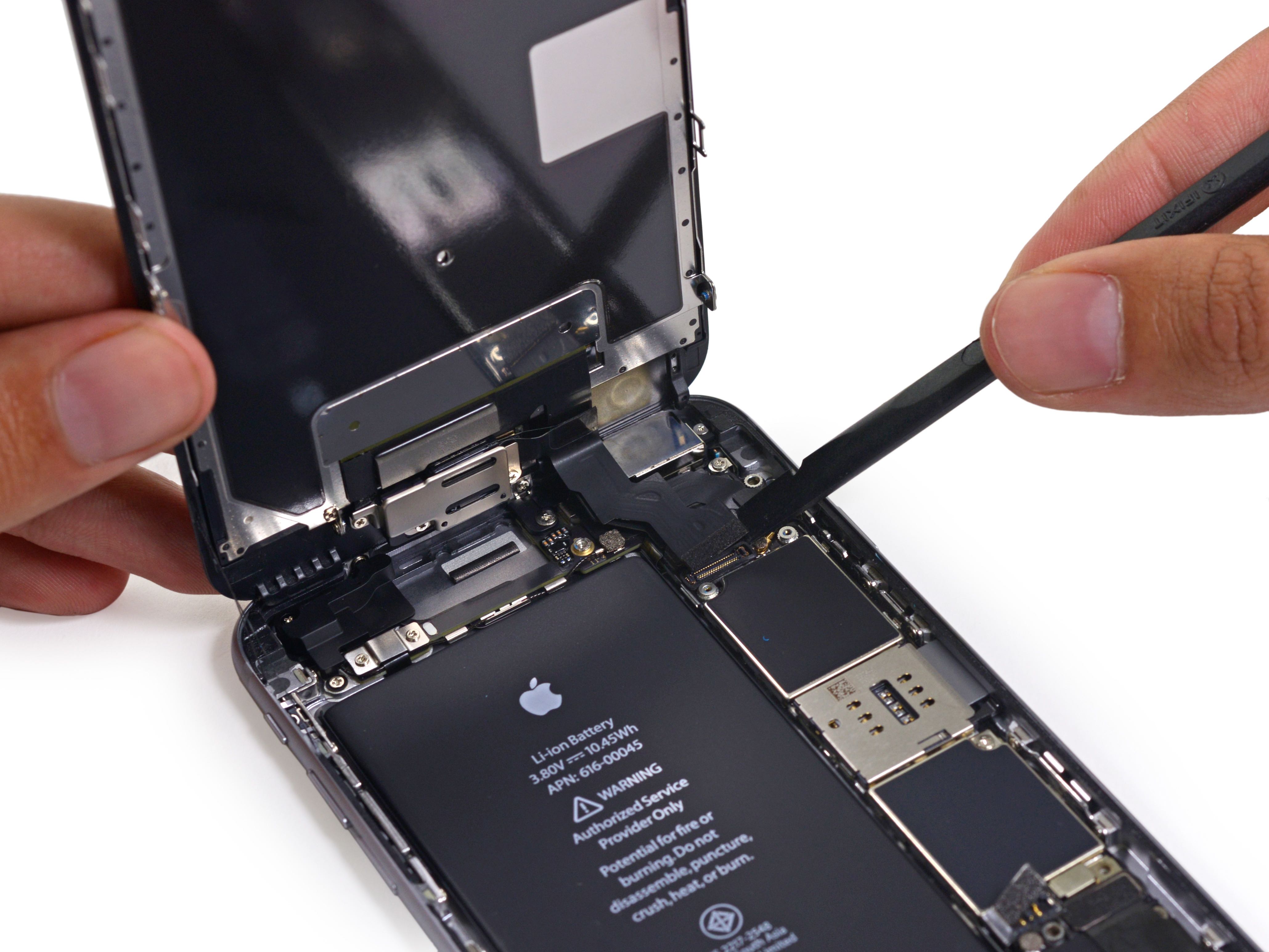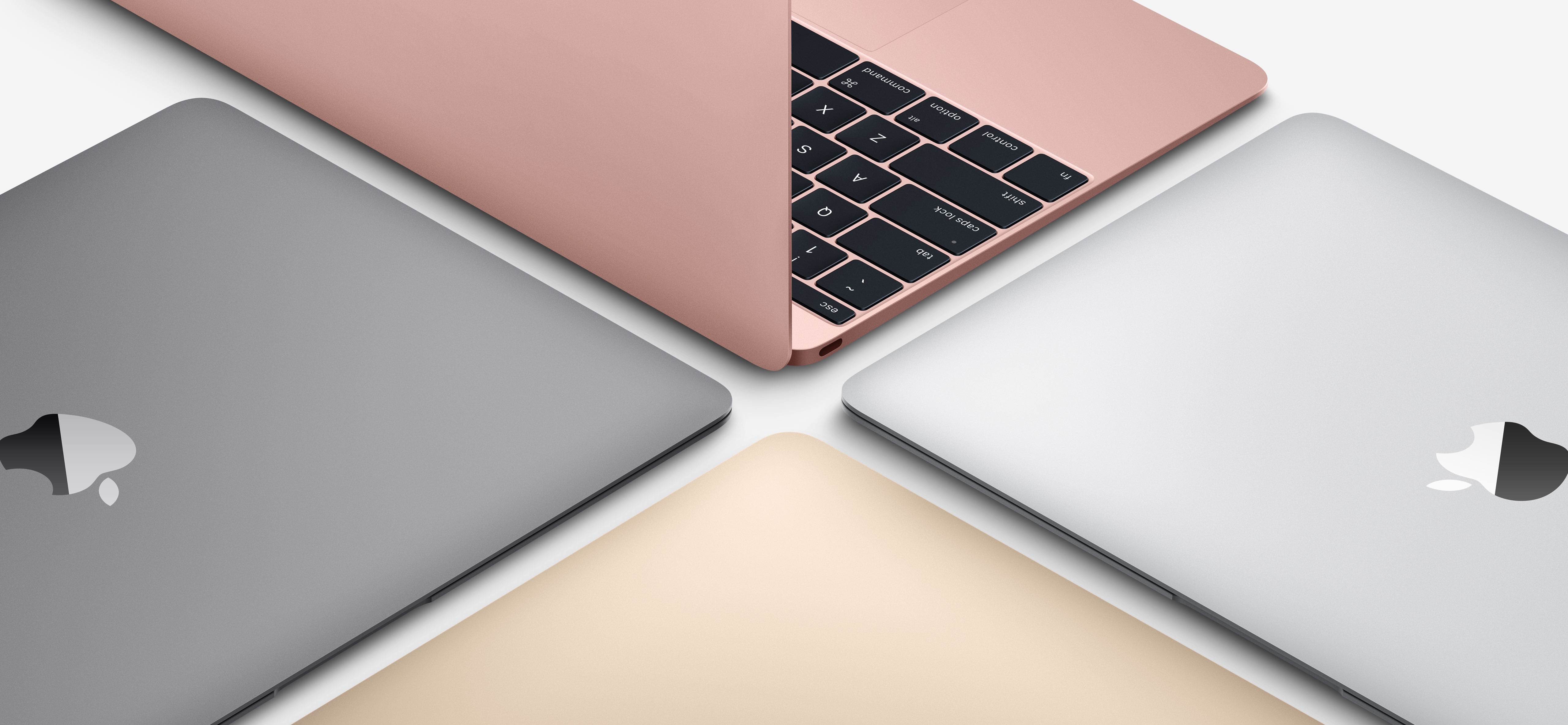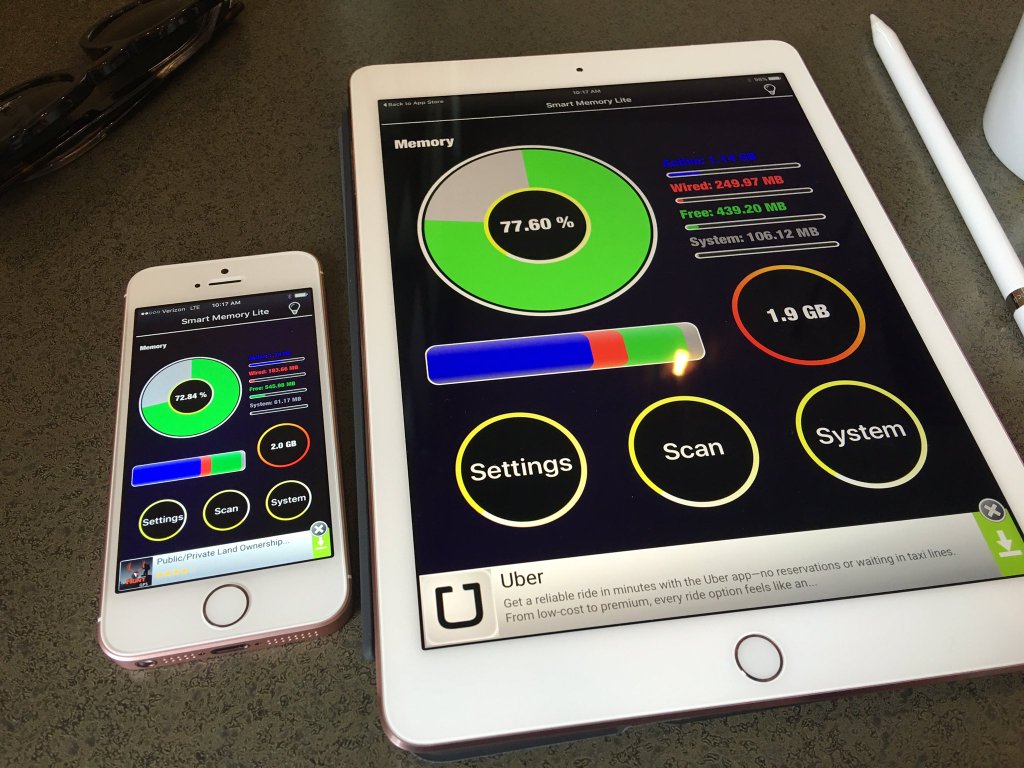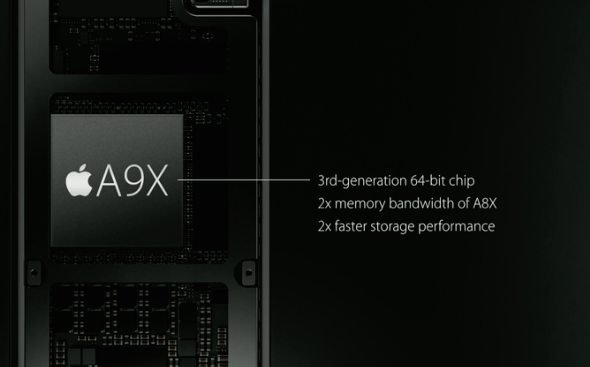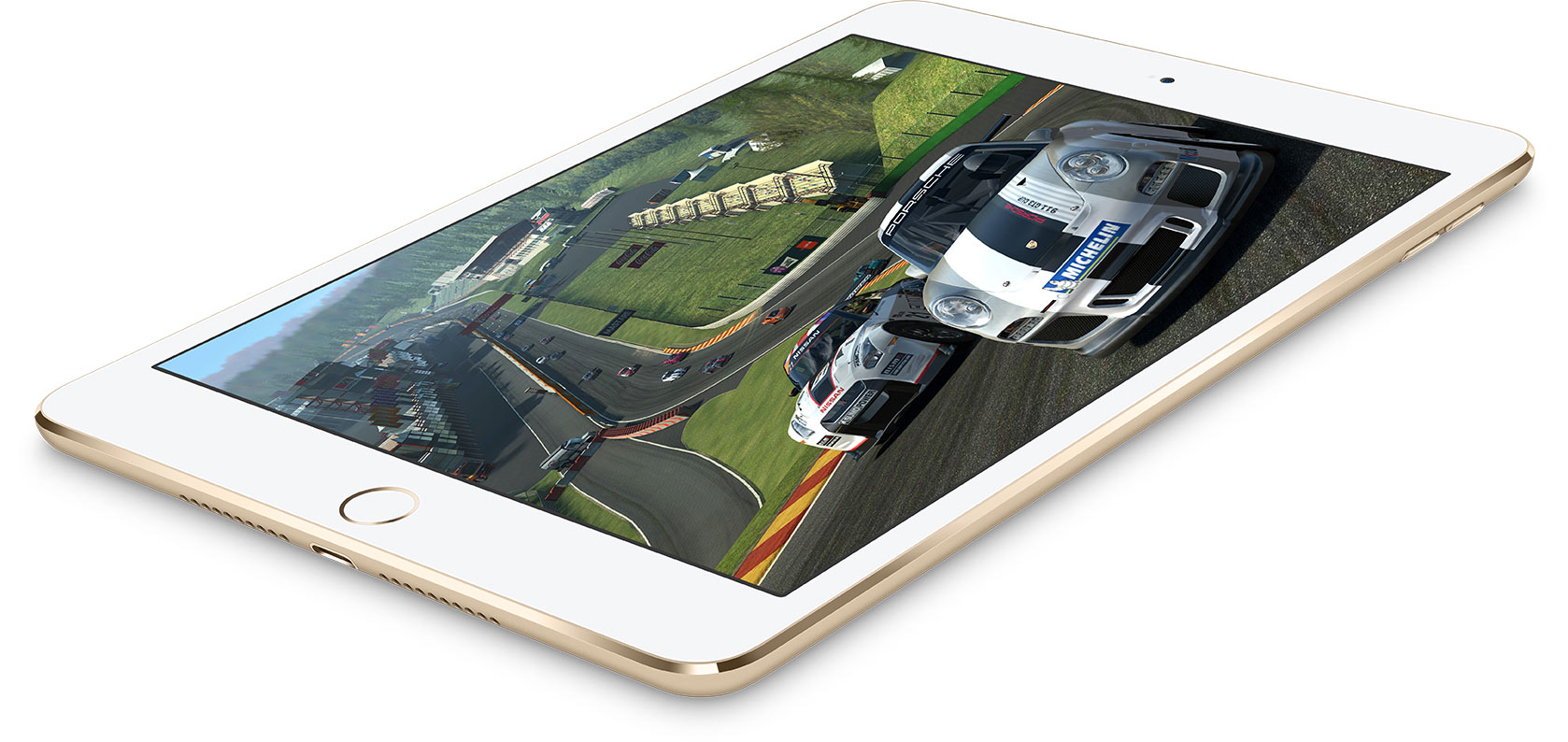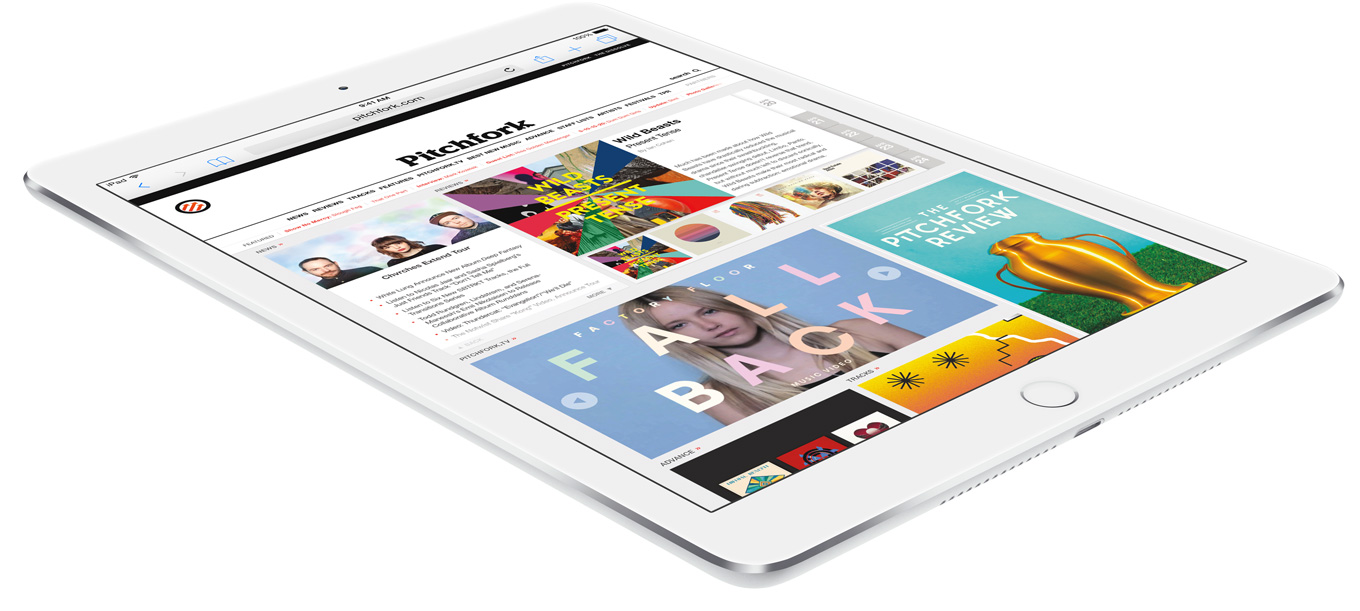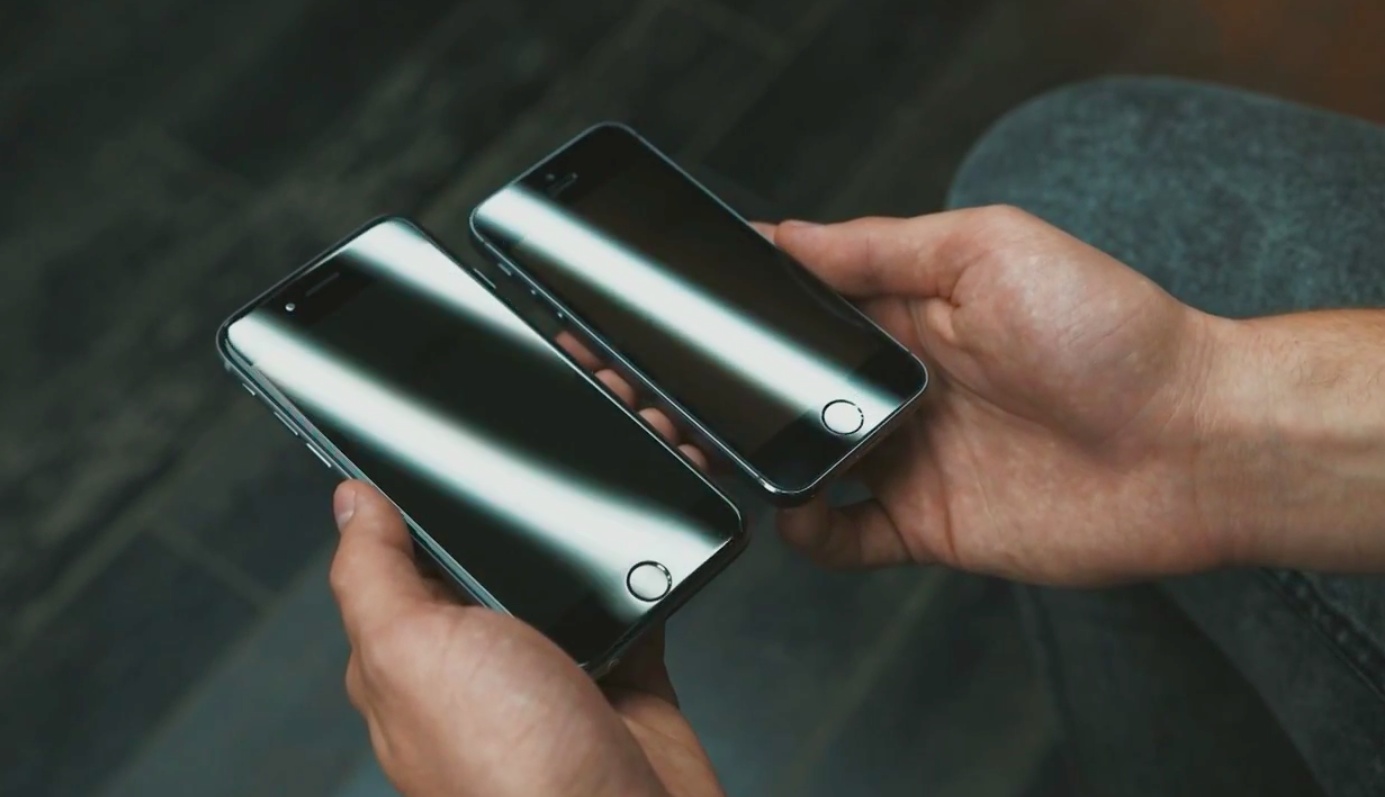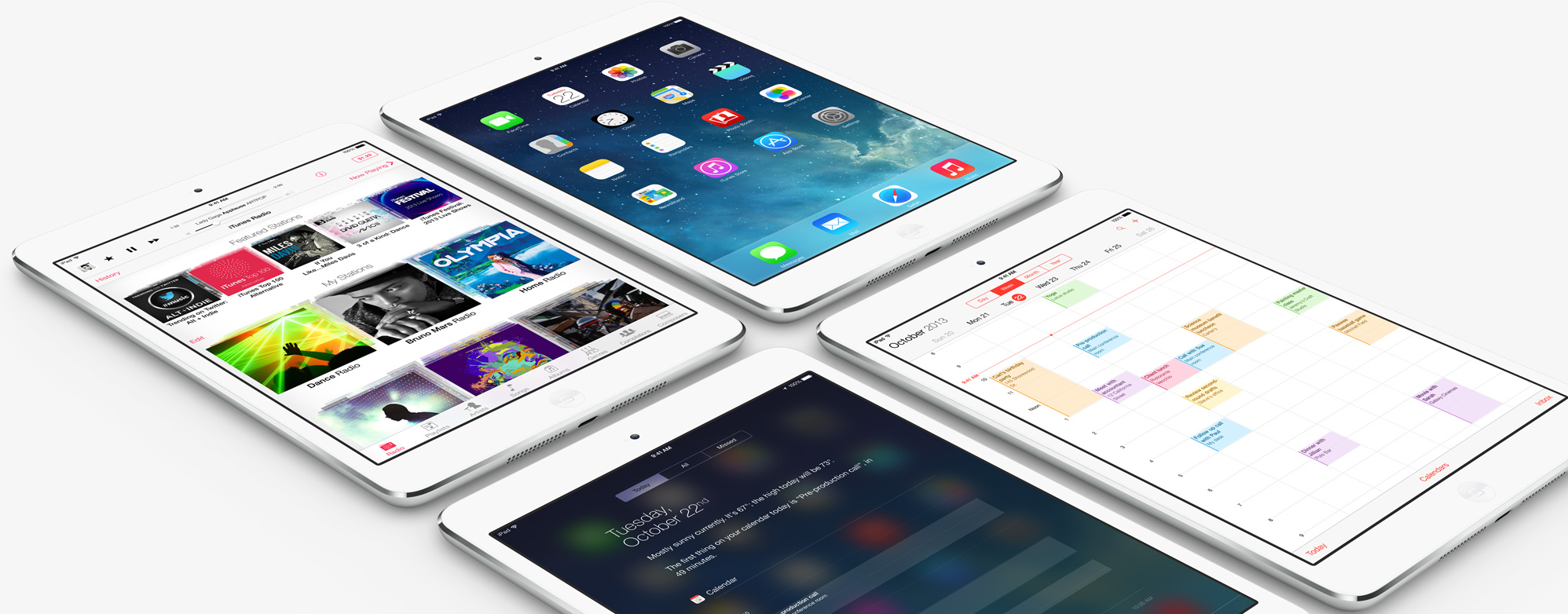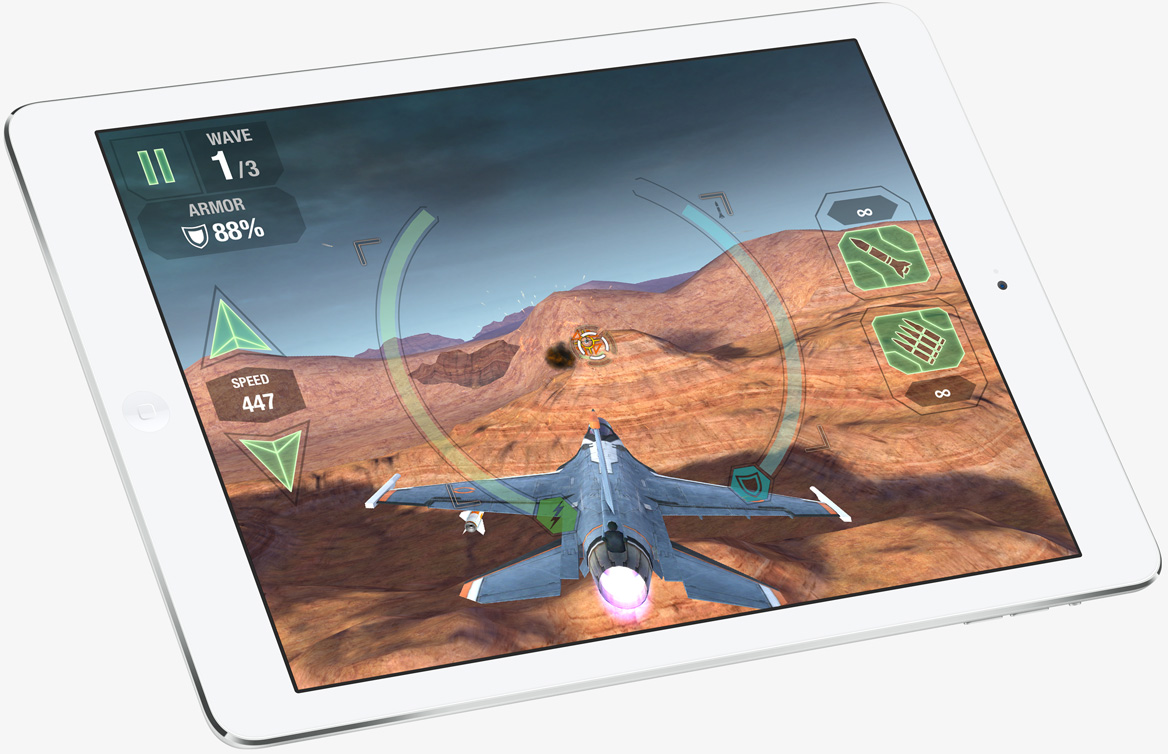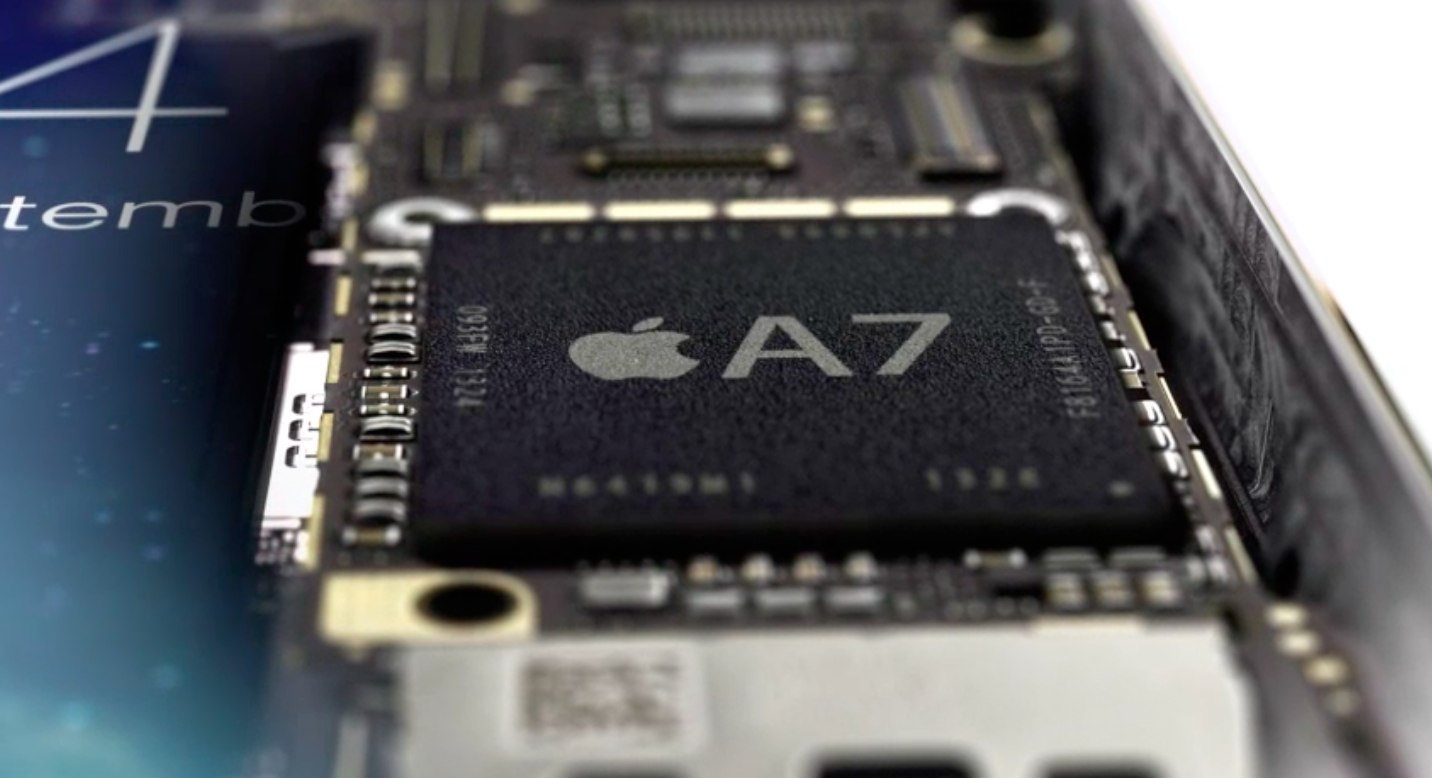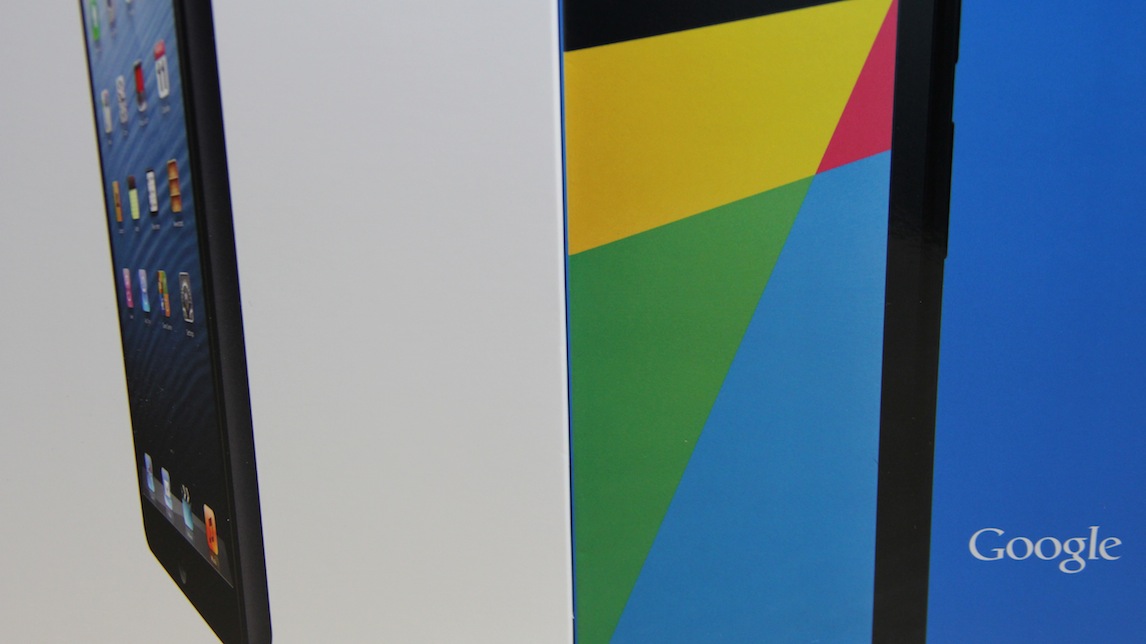The new Nexus 7 has touched down in stores, and it's a pretty compelling little device at $229 for the base 16GB Wi-Fi unit. It's much improved over its predecessor in nearly every facet, and will likely become a thorn in Apple's side as time goes on without a significant iPad mini (Retina) refresh.
With that all said, the iPad mini still has a few distinct advantages over Google's latest offering. Its main advantage is readily apparent, as its screen size completely dwarfs the smaller screen of the Nexus 7. Interestingly enough, the bezel on the older iPad mini is still smaller on all four sides when compared to the Nexus 7. Lastly, the iPad mini is still thinner than the Nexus 7. By themselves, all of these advantages may not amount to much in the eyes of consumers, but when compared side by side, they all add up for a pretty intense debate regarding which is superior.
Make no mistake though, in terms of sheer power and screen prowess, this is no competition. After comparing the two, running benchmarks, playing games, etc, it's evident that Apple has a legitimate competitor on its hands when it comes to the low end of the tablet market. Check inside as I compare both the new Nexus 7 and the iPad mini in our hands-on video walkthrough.
